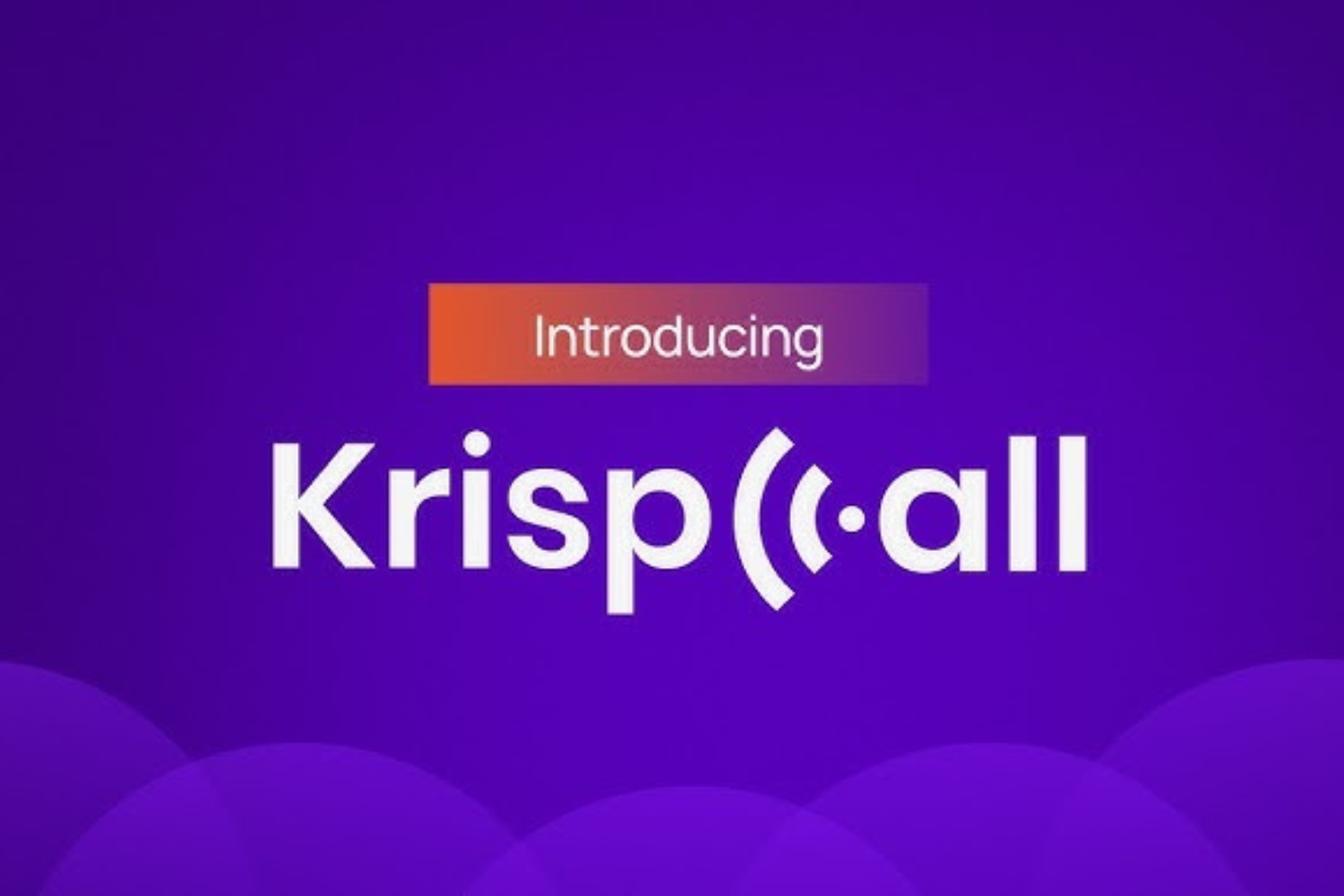Generally speaking, in the complex and intricate world of the legal system, bail bonds in court hearings play a pivotal role in ensuring a fair and just process for defendants awaiting trial. At the same time, a court hearing is often a critical juncture in the judicial process. Markedly, it serves as the platform where bail bonds are presented and evaluated.
Understanding The Essential Bail Bonds Role In The Court Hearing Process
Bail Bonds are a financial arrangement that allows an accused individual to secure their temporary release from custody while awaiting trial. They guarantee that the defendant will appear in court as required, ensuring their presence throughout the legal proceedings. Thus, they are a fundamental mechanism that balances an individual’s constitutional right to liberty with the need to maintain law and order.
Technically, court hearings are pivotal moments in the legal journey of a defendant, providing an opportunity for legal teams to present their case and for judges to make informed decisions. Usually, bail bond presentations occur in a simple context. By all means, the defendant’s legal representatives aim to convince the court that releasing their client on bail is appropriate and reasonable.
The Bail Bond Components:
- Nature of the Offense: During a court hearing, the severity and nature of the alleged offense are meticulously analyzed. The defendant’s legal team must provide compelling arguments demonstrating how their client poses a minimal flight risk and does not endanger the community if released on bail.
- Defendant’s Character: Bail bond presentations like Franklin County Castle Bail Bonds often focus on the defendant’s character and ties to the community. This may involve presenting evidence of stable employment, strong family connections, and a history of complying with legal obligations. Such factors contribute to the argument that the defendant is more likely to appear in court as required.
- Financial Capacity: The financial aspect of bail bonds is of paramount importance. The defendant’s ability to afford the bail amount or the services of a bail bondsman can influence the court’s decision. Presenting accurate and comprehensive financial information is crucial for demonstrating the defendant’s commitment to the legal process.
- Pre-Trial Services and Conditions: In some cases, the court may impose specific conditions upon the defendant’s release, such as electronic monitoring, mandatory check-ins, or enrollment in pre-trial programs. The defendant’s legal team must highlight how these conditions mitigate flight risk and potential societal danger.
In addition, the court also weighs the potential risk that the defendant’s release might pose to public safety. On the one hand, the defense must address this concern by presenting convincing arguments that counter any perception of danger. On the other hand, the defense must demonstrate the defendant’s willingness to comply with court orders.
Summary Notes:
As mentioned, Bail Bonds form an essential element of the legal framework in the judicial and justice systems. One thing is sure: They act as a bridge between an individual’s right to liberty and the state’s responsibility to maintain order. Court hearings provide a platform for legal professionals to present comprehensive bail bond arguments, carefully constructed around factors.
For your information, such factors include the nature of the offense, the defendant’s character, financial capacity, pre-trial services, and public safety considerations. In other words, the intricacies of bail bond presentations underscore the delicate balance courts must strike between safeguarding individual rights and upholding societal welfare.




